Is There a Link Between Afib and Caffeine Consumption?

Caffeine is a stimulant that many rely on to get on the road in the morning or to keep us awake in the afternoon. For many years, clinicians suspected that the stimulative properties of caffeine would indeed worsen a heart arrhythmia. But recent research has debunked this. A long-term UK study over 12 years with upwards of 400,000 patients showed that caffeine did not affect arrhythmia. Caffeine seemed to have a protective effect. This is critical because we knew that coffee consumption might be protective of the heart, but we weren’t sure if the caffeine or other compounds offered the most benefit.
Reminder- Stroke Warning Signs
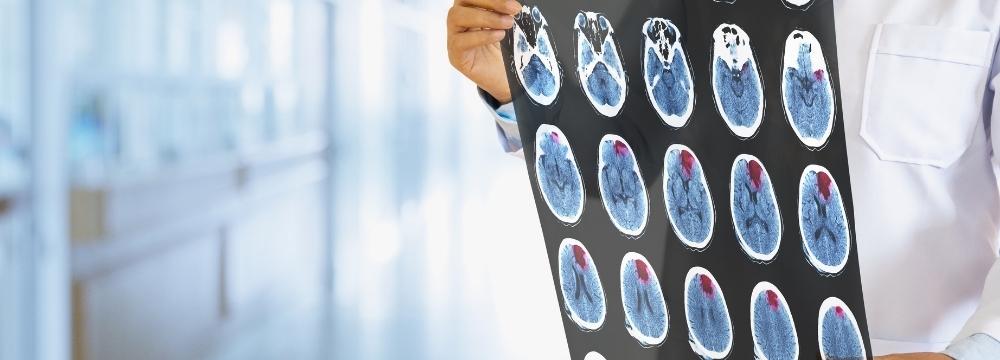
A stroke is a debilitating and potentially fatal condition in which a blood clot loosens and travels to the brain blocking blood flow and causing brain tissue to be damaged or destroyed. The effects of stroke can be mild or severe. Patients who are found and treated early are better able to recover than patients who receive delayed care and often must live with a permanent disability.
Why, though, are we reminding our patients about the signs of stroke? Does it have anything to do with heart rhythm disorders? The answer is a resounding yes.
Practical, but Flawed – How to Approach Readings From a Wearable EKG
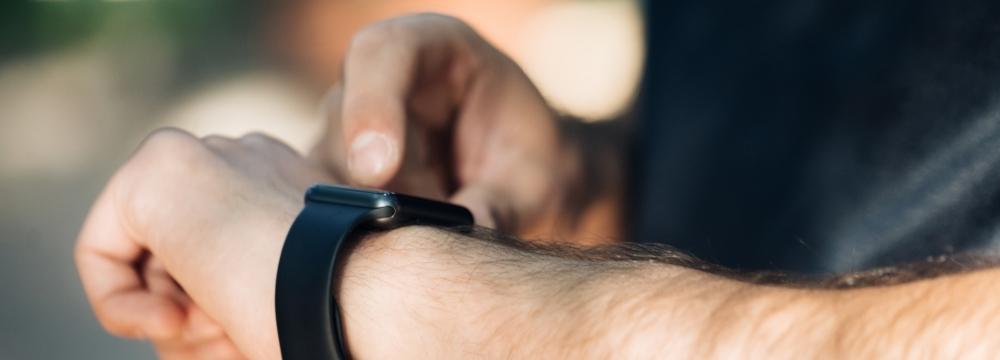
Several technology manufacturers, even Apple, now have EKG-style devices that can monitor your heart rhythm and let you know when they detect what could be an irregular heartbeat or arrhythmia. This new generation of devices has democratized heart rhythm detection, for better or worse. Let’s discuss.
On the one hand, when used appropriately, wearable technologies can offer an early signal of an arrhythmia that may otherwise be ignored by the patient who believes it is just an anomaly or has lived with the condition for so long that the arrhythmia has become routine. This, of course, could be very useful, as cardiac arrhythmias like Atrial Fibrillation (Afib) are progressive disorders – they only worsen over time if left unchecked. However, early treatment is usually far more effective than waiting until the condition has progressed.
New Trial on IRE for Catheter Ablation
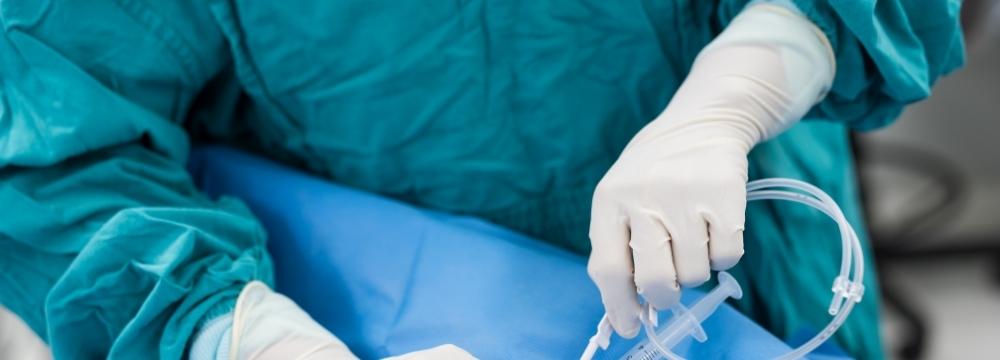
As we’ve discussed on this website, electrophysiology is a fast-growing and changing cardiology subspecialty. Technology in this field is incredibly advanced, and new techniques and methods are being developed to make catheter ablation more effective and less risky. One such potential advancement is known as irreversible electroporation or IRE. This technology has been used in other fields of medicine, and the first cardiac catheter ablation using IRE was performed as part of a clinical trial in Europe about two years ago. The technology has finally made it stateside, and Dr. Banker is the Principal Investigator for the AdmIRE trial for pulse field ablation on behalf of Biosense Webster, the device manufacturer.
So, what does the IRE advancement mean for patients getting a catheter ablation, and how does that make ablations even safer than they are today?
Questions to Ask at Your Initial Electrophysiological Consultation

Much like any condition or disease process, we want our patients to know as much as possible about the condition and the treatment options available to them. When patients are diagnosed and treated for arrhythmia by someone who is not an electrophysiologist, the treatment plan can be somewhat limited, usually extending to medical therapies but no further. When you visit an electrophysiologist, however, you quickly realize that EPs’ technology to diagnose arrhythmias is far more advanced than that commonly available at other medical offices. You may also note that EPs can perform procedural interventions for Afib and other arrhythmias if lifestyle changes and medical therapy have not been successful or if the patient does not tolerate their medication. If you’re wondering how common that is, about 50% of patients either don’t receive a benefit or cannot continue their medication.
Why In-Office EKG Sometimes Can’t Detect Your Arrhythmia
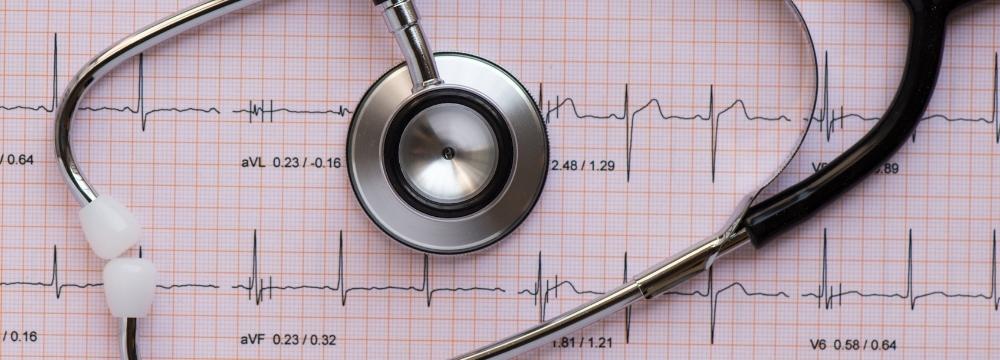
Most cardiac arrhythmias or irregular heartbeats begin as paroxysmal. This means there is no definite pattern in arrhythmia episodes, both in severity and frequency. Paroxysmal arrhythmias, especially atrial fibrillation (Afib), are often very treatable, but they must be diagnosed first.
Often, patients complain to their primary care doctor or cardiologist about chest palpitations – a fast heartbeat, their heart beating “out of their chests,” or fluttering. To diagnose the issue, they are put on an electrocardiogram or EKG. EKG is a handy tool that changed how we monitored the heart when it was first invented. It has saved countless lives over that time. However, it has a significant limitation in that it can only detect an arrhythmia when it occurs. Consider it a snapshot in time. This means that if you have a paroxysmal arrhythmia and you’re not in active Afib, for example, the likelihood is that the arrhythmia will not be detected.
Do Broken Hearts Actually Happen?

It’s a common theme in virtually every romantic comedy and a term used to describe truly unfortunate events. But does the concept of a broken heart actually exist, and can it cause legitimate problems?
Broken heart syndrome is a real concept, but the technical term for it is stress-induced cardiomyopathy. It can also be referred to as takotsubo cardiomyopathy. Broken heart syndrome can have similar signs and symptoms to a heart attack, and some patients who experience it will end up in the ER. However, while both often involve significant chest pain, known as angina, broken heart syndrome is usually induced by extreme psychological stress.
Interestingly, many patients who experience broken heart syndrome are healthy and have no major underlying cardiovascular diseases. A psychological event triggers the entire episode.
The Association Between Atrial Fibrillation and Erectile Function
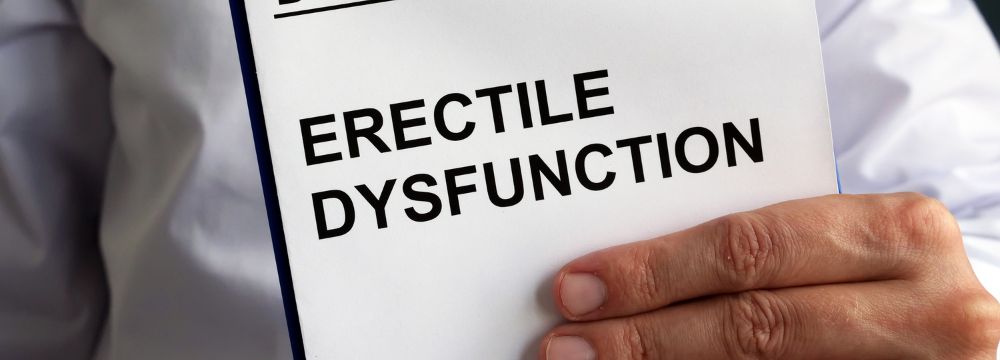
For some, atrial fibrillation (Afib) may seem to be trivial. However, its effects are wide-ranging and extend beyond the five times increased risk of stroke and heart attack. Afib can have seemingly unrelated lifestyle effects even in its mild and paroxysmal forms. One of these is how Afib may cause erectile dysfunction or ED.
ED is a common problem, especially as patients age. Typically, it is treated with any number of medications you have likely seen advertised on TV and elsewhere. However, while it is easy and convenient to prescribe medication for ED, there are times when further investigation is necessary to find the root cause of the dysfunction.
One such cause is Afib since erectile function relies heavily on blood flow.
Silent Afib, but Still Concerning
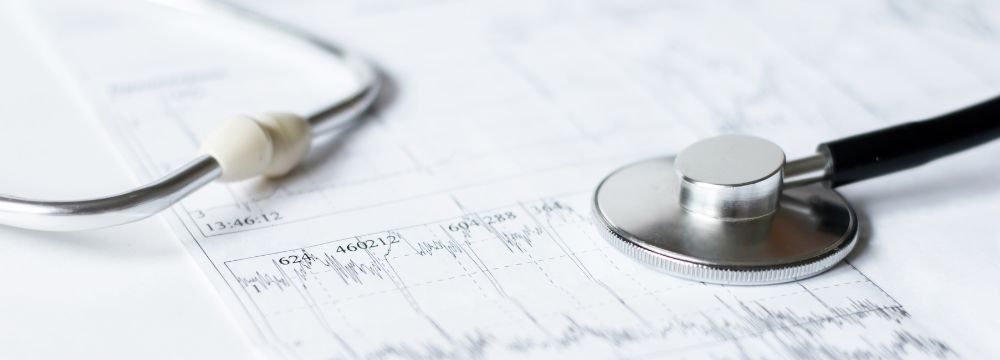
Atrial fibrillation or Afib represents an irregular and fast heartbeat that can be mild or even debilitating, depending on the case. However, there is no way to predict how severe or how frequent episodes of Afib will be. We know that there’s also the possibility of an asymptomatic episode known as silent Afib. This is where the patient is in Afib but may have no idea because there are no outward symptoms. These episodes are usually found incidentally during an EKG at a routine follow-up appointment with a primary care physician or at the hospital when the patient is admitted for another condition.
Cardioversion Versus Catheter Ablation
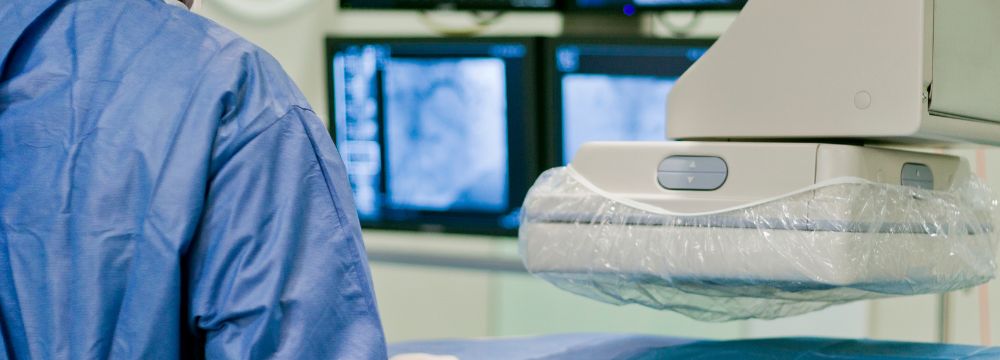
If you suffer from an arrhythmia like Afib and specifically a fast heartbeat known as tachycardia, you may have seen information on two very different ways to get the heart back into sinus or normal rhythm. First, we’d like to give you an overview of each procedure; then, we will discuss when these procedures can be used to maximize effectiveness.


